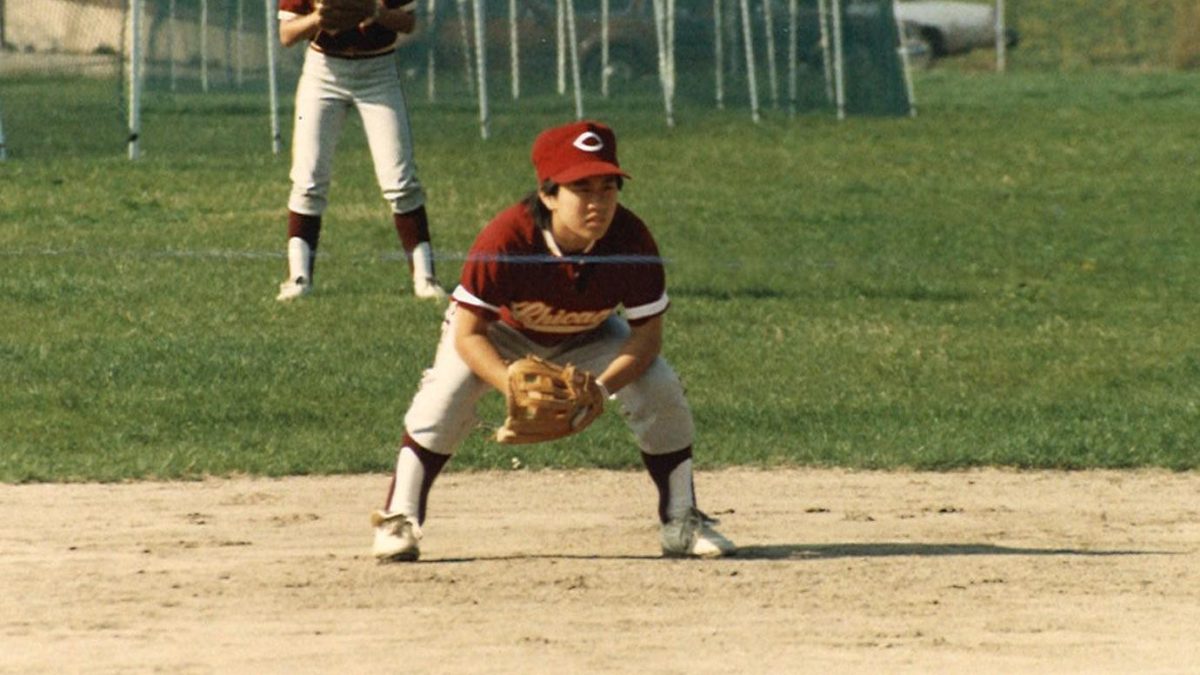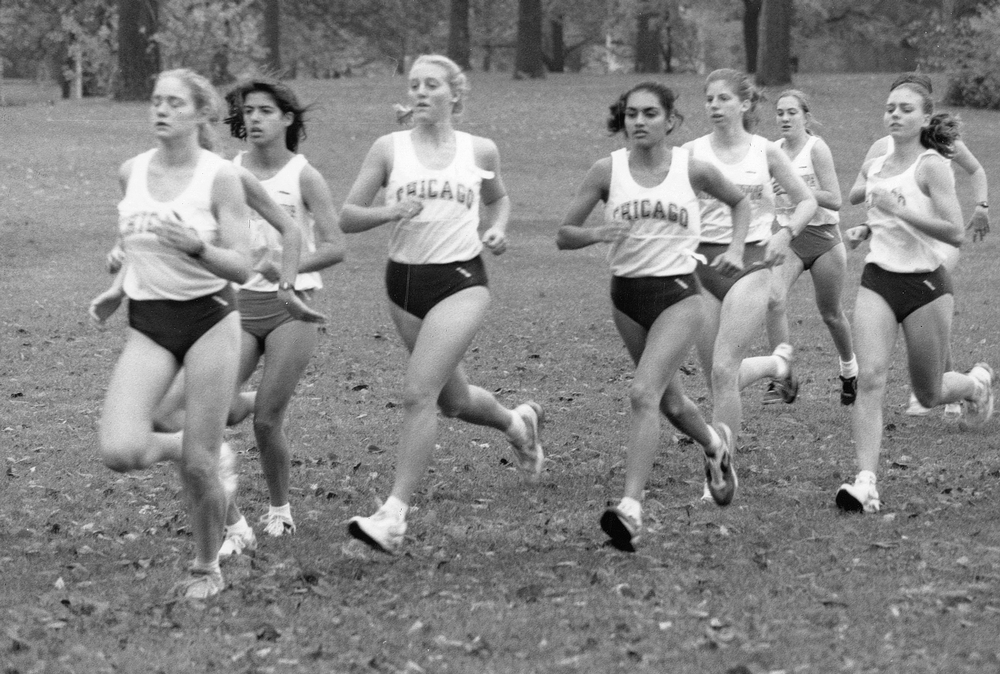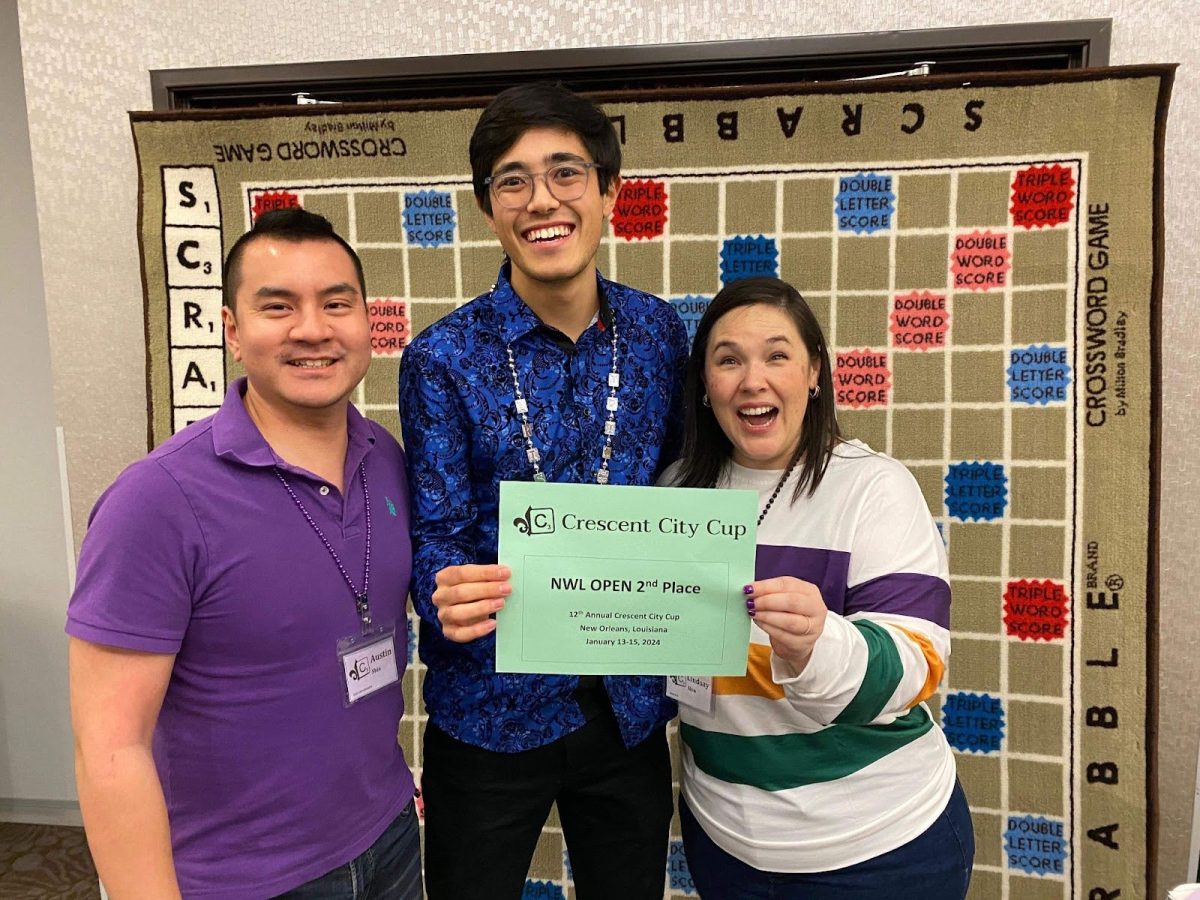The prospect of studying abroad has tempted students across all ages and places. With such programs offered during all quarters, UChicago students are presented with ample opportunities to leave Hyde Park. However, students have to consider how a quarter abroad will fit in with sequences for the Core and majors as well as internship recruitment season. Student-athletes have the additional complication of fitting study abroad programs into their athletic schedules and their identity as athletes. They leave behind reliable teams, coaches, and training to pursue studying abroad. While one of the appeals of studying abroad is the prospect of exploring a foreign environment, student-athletes have to consider if this alien experience will provide a platform to continue a familiar pattern.
Student-athletes have the pressure of considering the timing for their seasons when applying to study abroad. Most athletes at UChicago are in season for a quarter and a half. When they’re not in season, they have preseason and postseason, two important times to stay in shape. This presents the unique challenge of applying to programs that are out of season and will simultaneously allow them to continue training while away. Third-year pole vaulter Michelle Biesman did a Civ sequence during fall quarter in Pune, India. She explains, “We compete winter and spring quarters so some people will train during fall preseason, compete during winter quarter and go abroad spring quarter. Four people on the team went abroad this past fall, myself included. Two of them are securing spots for nationals despite missing preseason. While you miss the training, you can do the training on your own.”
Student-athletes must also recognize if the program they’re applying to will allow them to train while abroad. Coaches support athletes’ going abroad, but expect them to stay committed to the team by doing some form of modified workouts to stay in shape. This consideration can restrict the types of programs student-athletes apply to. Some programs, centered in urban areas, are better equipped to facilitate this consideration. Biesman was able to find a track and gym near the university she studied at while abroad to stay in shape. Second-year distance runner Jordan Olson is currently studying European civilization in Paris, France. He shares, “Some of the drawbacks of studying abroad as an athlete are trying to stay in shape while on your own and missing time exploring the city in order to workout. Working out on my own every day in Paris can get monotonous and makes it harder to stay motivated. Additionally, while people often go out to cafés or museums after classes, I tend to go back to the dorms so that I can run. Doing that everyday really takes away from the time I could be exploring the city.”
Being abroad changes the way student-athletes define themselves as student-athletes. A key element in being a student-athlete is the camaraderie and support from a team. Most teams at UChicago operate like families. They share intimate team dinners and study sessions that give student-athletes a sense of security. While abroad, athletes lose this connection while their teams continue on in Chicago. Students have noticed that they identify less strongly with the athletic community while abroad. Olson offers, “In Chicago, I spend almost all my time with the team, whether it be working out, eating, or just hanging out. But in Paris, my social life no longer revolves around those who I run with every day. In this sense, I have more of an identity outside of running than before.” Biesman, however, feels that her identity as a student-athlete gave her reassurance while in a foreign environment: “If I felt unsettled, I could do a workout and it cleared my mind and grounded me. I could fall back into being a student-athlete for a self-routine.”
Ultimately, being abroad gives student-athletes the platform to see UChicago’s academic experience in a new light. Third-year swimmer Michaela Mullison went abroad last fall to study neuroscience in Paris. She explains, “Swimming was not my top focus when I was abroad and that’s okay. You are a student-athlete instead of an athlete-student…being abroad makes you more free to experience UChicago in a similar way to everybody around you.” While studying abroad adds yet another dimension to the already numerous ones of being a UChicago student and UChicago athlete, it also allows student-athletes to step back for a moment and gain a unique experience as both students and athletes.









